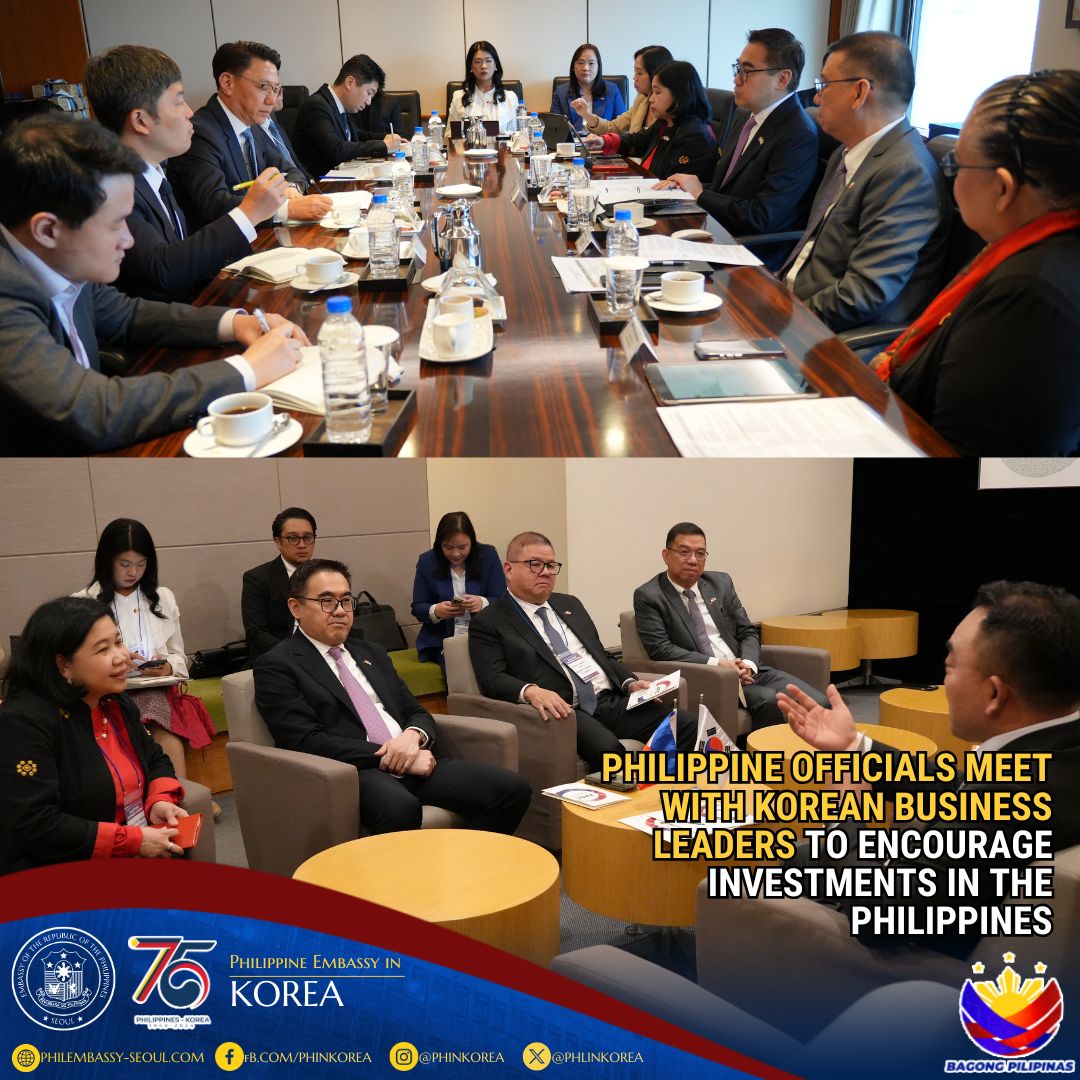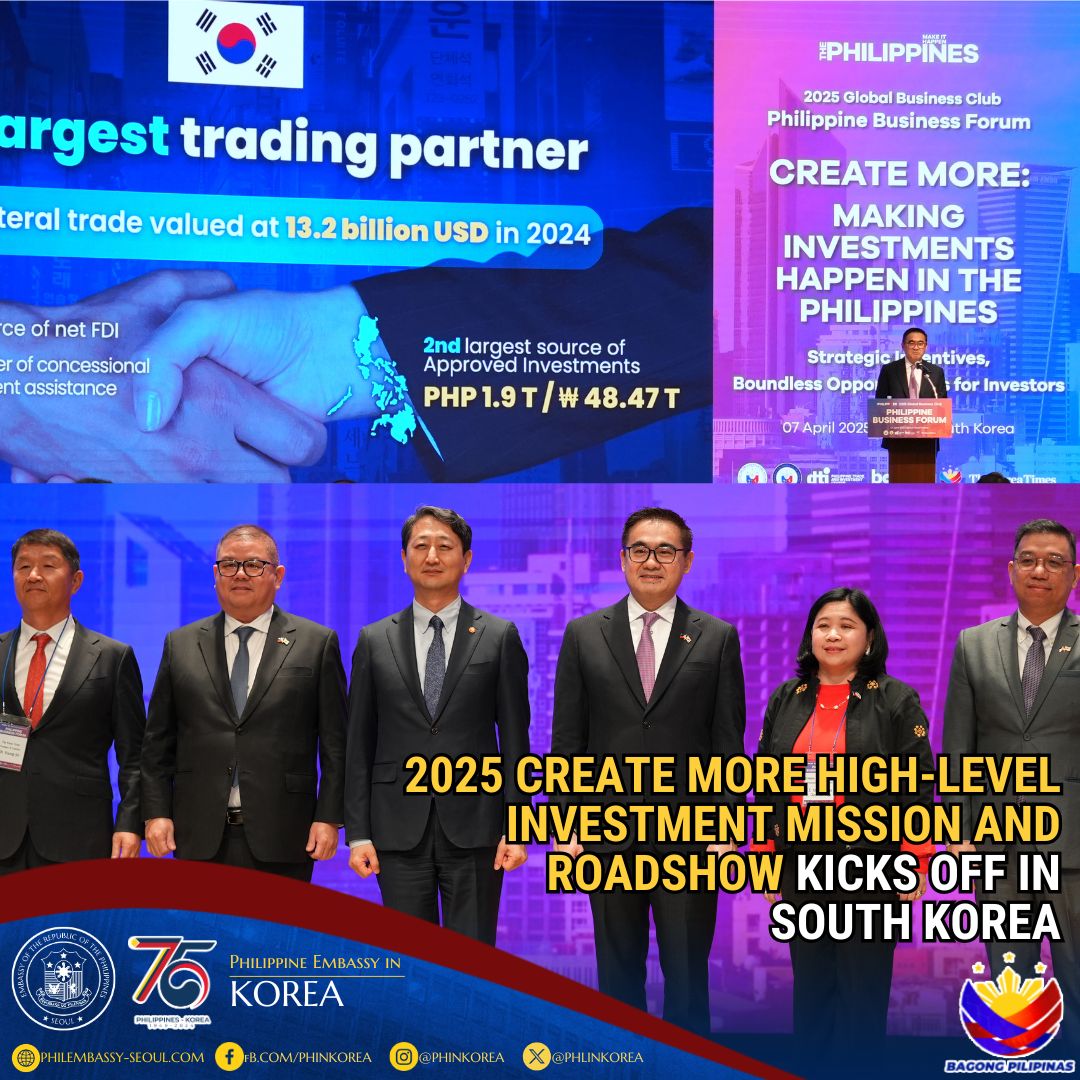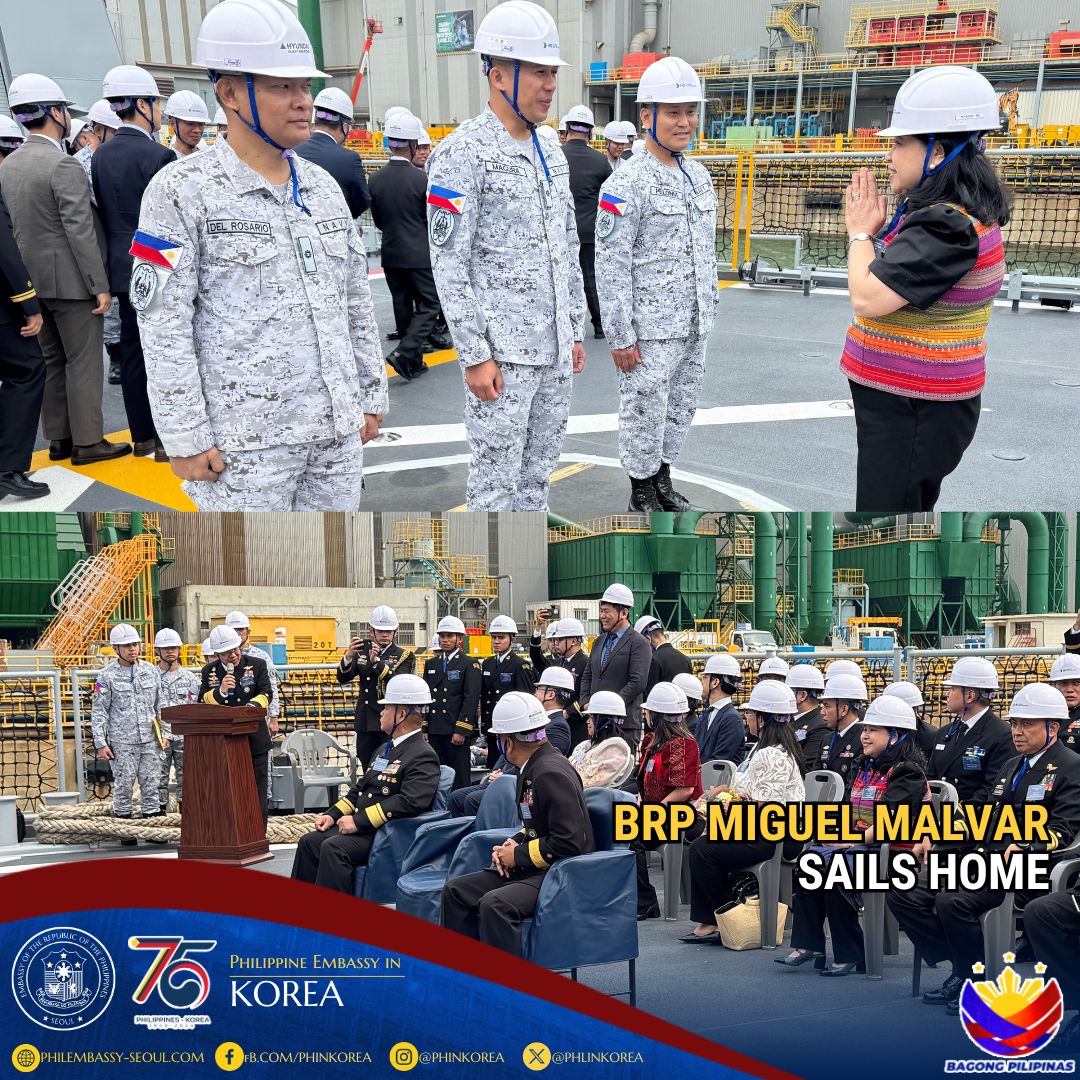5-year employment period for migrant workers
The government is seeking to increase the maximum employment period for migrant workers from the three years to five years, to give them more job security.
The three-year cap was a measure to prevent a massive number of workers from applying for citizenship. Those who live here for five successive years are able to apply for Korean citizenship. Currently, after their employment period ends, they must go back to their respective countries and can return one month later with both employers and workers agreeing to the reemployment contract. However, workers, in many cases, fail to return for various reasons, including fierce competition among workers in their countries on the lookout for overseas high-paying jobs. The government will finalize its plan today at the committee on foreign workforce policies under the Prime Minister's Office, and plans to submit a reform bill to the National Assembly later this year, officials said. According to the proposal, the one-year contract period will also be extended to three years. Currently, workers must renew their contract every year, a condition introduced to prevent possible human rights violations. Some employers had been accused of exploiting the difficulty changing jobs migrants on longer contracts had, and abusing their rights. This time workers whose wage payments have been delayed or working conditions are seriously poor, will be able to change jobs during the three-year period, an official said. The current two-month period for migrant workers to change change jobs can be extended upon request if they are suffering from disease, or injury from industrial accidents. Currently, if a worker fails to find a job within two months following the expiration of their previous contract, he or she will face deportation. Linking the electronic data system between the Labor and Justice Ministries, the plan also seeks to decrease the amount of time needed to hire foreign workers from about 40 days to 30 days, officials said. The time is needed for worker selection, visa applications and other administrative work. The Employment Permit System was enacted in August 2004 with an aim to redress scores of problems arising from the Industrial Trainee System. The ITS was introduced in November 1993 to teach foreign apprentices advanced technology, and to make up for the lack of manual workers in "3-D" jobs - difficult, dangerous and dirty employment - which most local workers shun. The system was abolished in December 2006. Most of the trainees left their assigned workplaces due, in large part, to harsh working conditions, and ended up being branded illegal workers, thereby becoming susceptible to even harsher conditions, including human rights violations. The EPS, however, offers the same legal status as native workers as stipulated in labor-related laws, namely the Labor Standards Act, the Minimum Wage Act, and the Industrial Safety and Health Act.


 April 23, 2025
April 23, 2025
 April 23, 2025
April 23, 2025
 April 23, 2025
April 23, 2025
